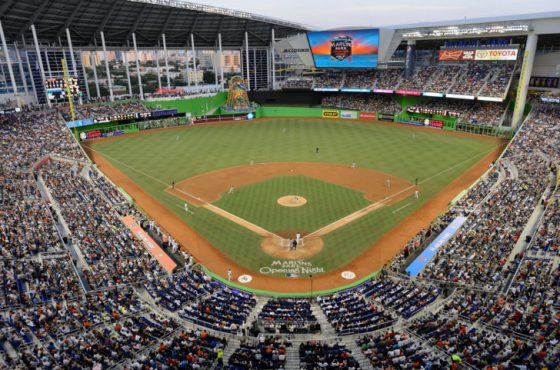New Jersey Sports Betting Appeal Decision on June 26
New Jersey is waiting for a US Supreme Court announcement stating if the court will hear the state`s appeal. The case has been pending since 2011, when voters approved a sports betting referendum for legalized sports betting in their state.
The federal law limited sports betting to the four states that had previously offered it (Nevada, Delaware, Montana and Oregon). But it gave New Jersey a year to enact legal sports betting. That was their chance but the Republican leaders in the Assembly let a referendum die in the summer of 1993. The GOP feared that putting sports betting on the ballot that year would increase Democratic turnout in November. The opportunity was lost and the voters who approved it got ignored by politicians as usual. But there is no doubt now, that allowing New Jersey racetracks and casinos to offer legal sports betting would help both of these struggling industries.
There is also no doubt that the opposition to New Jersey’s efforts by the NCAA and the professional sports leagues has been fading over the years and is less stigmatized by public and private entities.
Atlantic City casinos can certainly use the additional gaming revenue sports betting would provide. But if New Jersey wins this case, sports betting likely will be available everywhere. The biggest presumed benefit for the casinos is the non-gaming revenue that sports betting would generate by attracting people to Atlantic City events keyed to major sports contests. Just like the Las Vegas casinos sports books that are a major drawing card for other games on the floor and the hotel rise in occupancy rates.
As for the state’s struggling horse tracks, they’ll take anything they can get. Indeed, Monmouth Park already has a sports bar that looks remarkably like a Las Vegas sports book. It could open in an instant if the Supreme Court agrees to hear the case and New Jersey ultimately prevails.
The court case centers on complicated legal issues involving fair commerce, the Constitution and states’ rights. But one thing the case should not center on is the “danger” of sports betting. A past fallacy being discarded since illegal sports betting is now a big part of the social norm and a popular past-time. The American Gaming Association survey recently showed about 70% of people want the sports betting ban repealed. The AGA also estimates that March Madness generated more than $10 billion in bets this year, 97 percent of it illegally. And no one is calling into question the integrity of any of those games or athletes.
The time is right for New Jersey and especially Atlantic City to lobby hard for this game saver to revitalize their state coffers with fees and taxes incorporated into a sports betting platform if it happens.
If the Supreme Court won’t act, Congress should simply repeal the 1992 sports-betting ban. Allowing some states but not others to offer legal sports betting, while ignoring the pervasiveness of illegal sports betting, is neither fair nor reasonable. However, let the states decide if their registered voters would approve such measures with a majority referendum on the ballot.
New Jersey has been in the fore-front of this decades old issue and how modern times and technology are the big factors supplying the New Jersey aggressive push toward regulation. The state has been facing a downward trend for the gaming industry but would benefit greatly with legalized sports betting. The fact that Nevada and especially Las Vegas control and regulate their operations is a great example of the legal sports betting industry and the enormous financial and social interaction it provides to the public. All major sporting events are a boon to the Las Vegas economy and places like New Jersey need this economic windfall.




